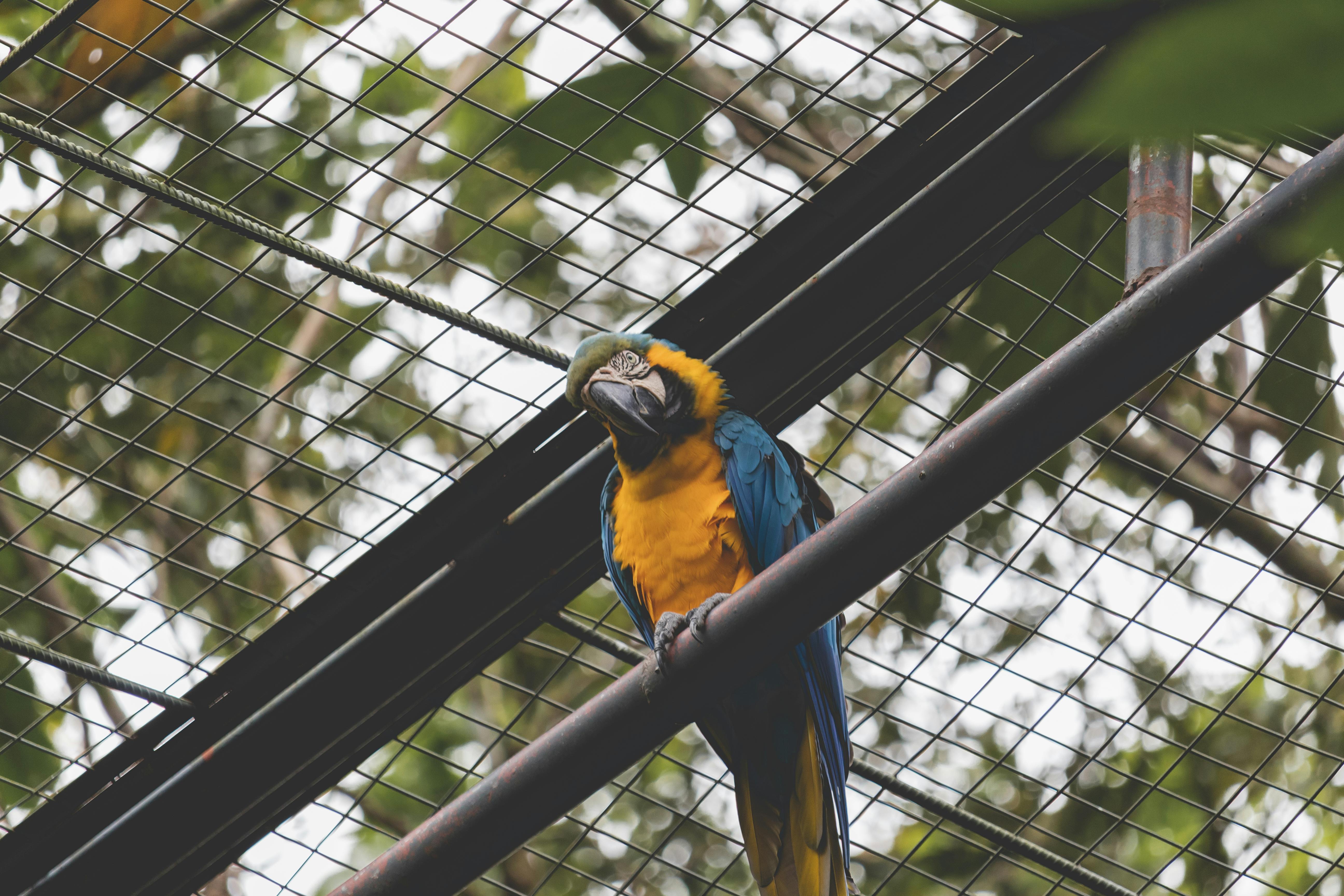Smart Ways to Optimize Your Betta Fish Filter for Healthy 2025 Habitat

Smart Ways to Optimize Your Betta Fish Filter for Healthy 2025 Habitat
Creating a thriving habitat for your betta fish is essential for their overall health and well-being. One of the most critical elements of a successful betta fish tank is the betta fish filter. An optimized filtration system not only keeps the water clean but also maintains the right water parameters, ensuring a stress-free environment for your fish. In this guide, we will explore various betta fish filter types and how to select the best filter for betta fish to contribute to a vibrant ecosystem in your aquarium.
To facilitate their care, we will cover aspects such as the ideal betta fish tank setup, filter maintenance strategies, and common troubleshooting tips. Understanding how these factors play a role in your betta fish habitat can significantly enhance their quality of life. Let’s dive into the essential elements to create a stunning and healthy aquarium for your pet!
Understanding Betta Fish Filter Types
Choosing the right filter is crucial when setting up a betta fish tank. It's essential to evaluate the various betta fish filter types available to find one that meets the needs of your fish. Some popular options include:
Internal Filter for Betta Fish
An internal filter for betta fish is compact and ideal for small tanks. It's typically easy to set up and maintain, making it a favorite among beginner aquarists. Internal filters generally provide adequate aeration and filtration without creating an overwhelming current that could stress your betta.
External Filter for Betta Fish
For larger tanks, an external filter for betta fish can be more effective. These filters offer higher filtration capacity and better water quality management. When choosing an external filter, look for models that allow you to adjust the flow rate. This feature can help reduce water movement, making it more suitable for your betta.
Silent Filter for Betta Fish
Noise can be a significant stressor for betta fish. Therefore, opting for a silent filter for betta fish can enhance their tranquility. Many modern filters operate quietly, featuring innovative designs that minimize noise while ensuring efficient filtration.
Setting Up Your Betta Fish Filter
Once you have selected the appropriate filter type, setting it up properly is vital for ensuring optimal performance. The following steps outline how to effectively achieve a successful betta fish filter setup.
Choosing the Best Substrate for Betta Fish Tank
The best substrate for betta fish tank includes options like sand or fine gravel. These materials encourage beneficial bacteria growth and can enhance the aesthetic appeal of your aquarium. Make sure the substrate is clean and free of sharp edges to prevent any injury to your betta.
Installing the Filter
Follow the manufacturer’s instructions to install your chosen fish tank filter. Position it to ensure optimal water flow throughout the tank. An adjustable flow filter for betta fish is beneficial, as it allows you to control the current to meet the fish's needs.
Adding Decorations and Plants
Incorporate plants and decorations to create a natural habitat for your betta. Suitable plants for a betta tank such as java ferns or anubias not only provide hiding places but can also assist with biological filtration. Arrange them strategically to avoid obstructing proper water circulation.
Betta Fish Filter Maintenance Tips
Regular maintenance is key for keeping your betta fish filter in peak condition. Implementing a comprehensive filter care for betta fish routine will help maintain the overall health of your aquarium.
Cleaning Betta Fish Filter
Cleaning your betta fish filter is essential to ensure effective filtration. Typically, you should clean the filter media every 4 to 6 weeks, using tank water (not tap water) to avoid killing beneficial bacteria. Always refer to the manufacturer’s guidelines for specific maintenance recommendations.
Changing Filter Media
Knowing how often to change filter media is critical for maintaining water quality. Aim to replace 25% of the filter media every month, which helps sustain a balance of beneficial bacteria while ensuring effective filtration. Monitoring your water parameters can also help you determine if adjustments are necessary.
Regular Water Changes
Consistent water changes are vital for maintaining a stable ecosystem in your betta tank. Aim for partial water changes of about 25% every week. This practice reduces waste buildup, thereby improving water quality while minimizing stress for your fish.

Common Betta Fish Filter Troubleshooting
Even with regular maintenance, you may encounter issues with your betta fish filter. Understanding common problems can help you troubleshoot effectively, ensuring a stable habitat for your betta.
Filter Not Pumping Water
If your filter is not pumping water, check for blockages within the filter media or impeller. Cleaning these parts can often resolve the issue. Additionally, ensure that the filter is fully submerged and that the outlet is positioned correctly.
Excessive Noise from the Filter
Excessive noise may indicate misalignment or vibration. Ensure that the filter is securely attached and on a stable surface. Sometimes, adding a sponge or pad beneath the filter can help reduce noise levels.
Flow Too Strong for Betta Fish
If your filter creates a current that overwhelms your betta, consider using a sponge filter or adding a flow control valve. These options allow you to adjust the water flow, creating a calmer environment for your fish.

Conclusion: Creating the Ideal Habitat
Taking into account the right betta fish filter and setting up your aquarium correctly is essential for providing a healthy and stress-free environment for your fish. Regular maintenance ensures that your filtration system runs smoothly, thereby enhancing your betta's health and behavior. With these smart optimization strategies, you can create a vibrant habitat that promotes your betta fish's health and well-being. Happy fishkeeping!